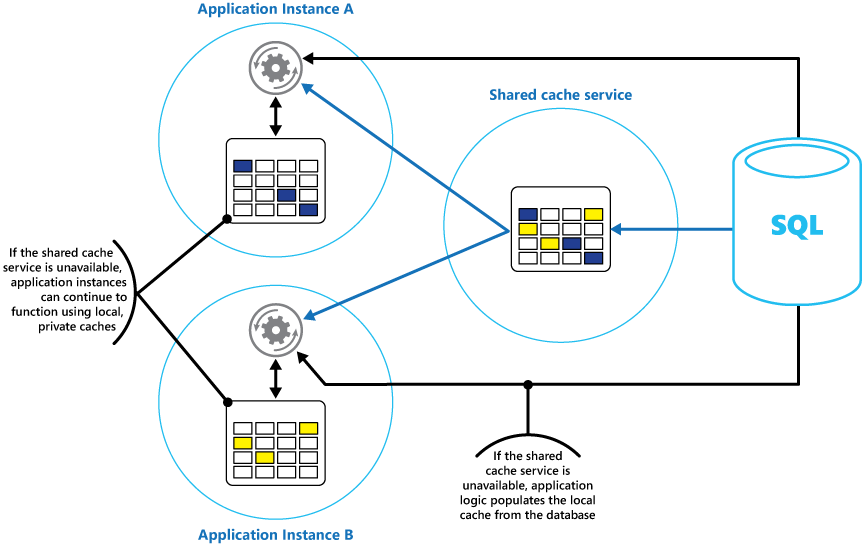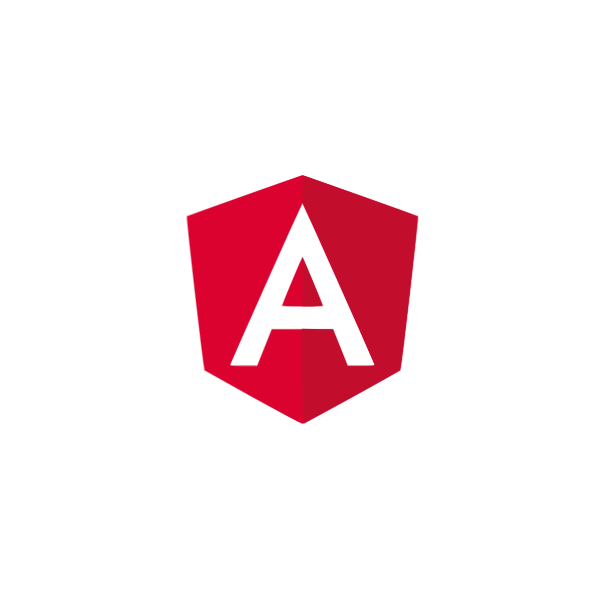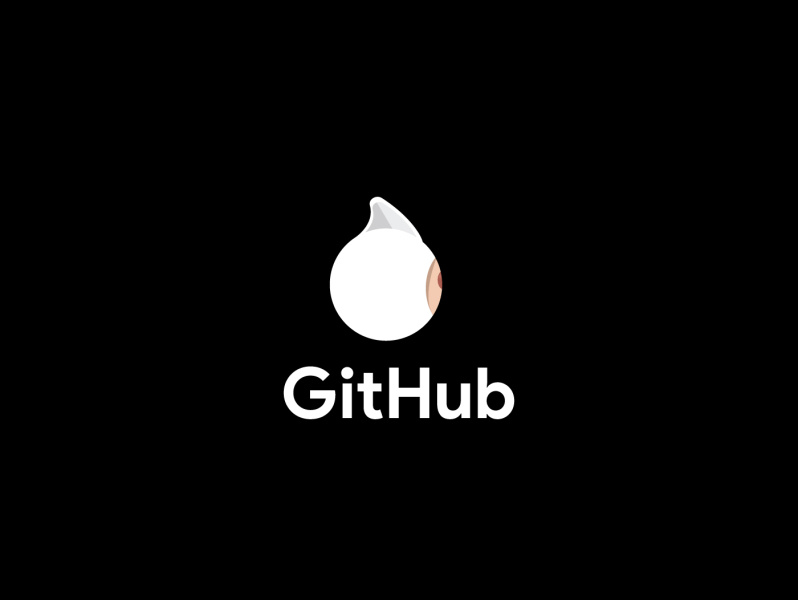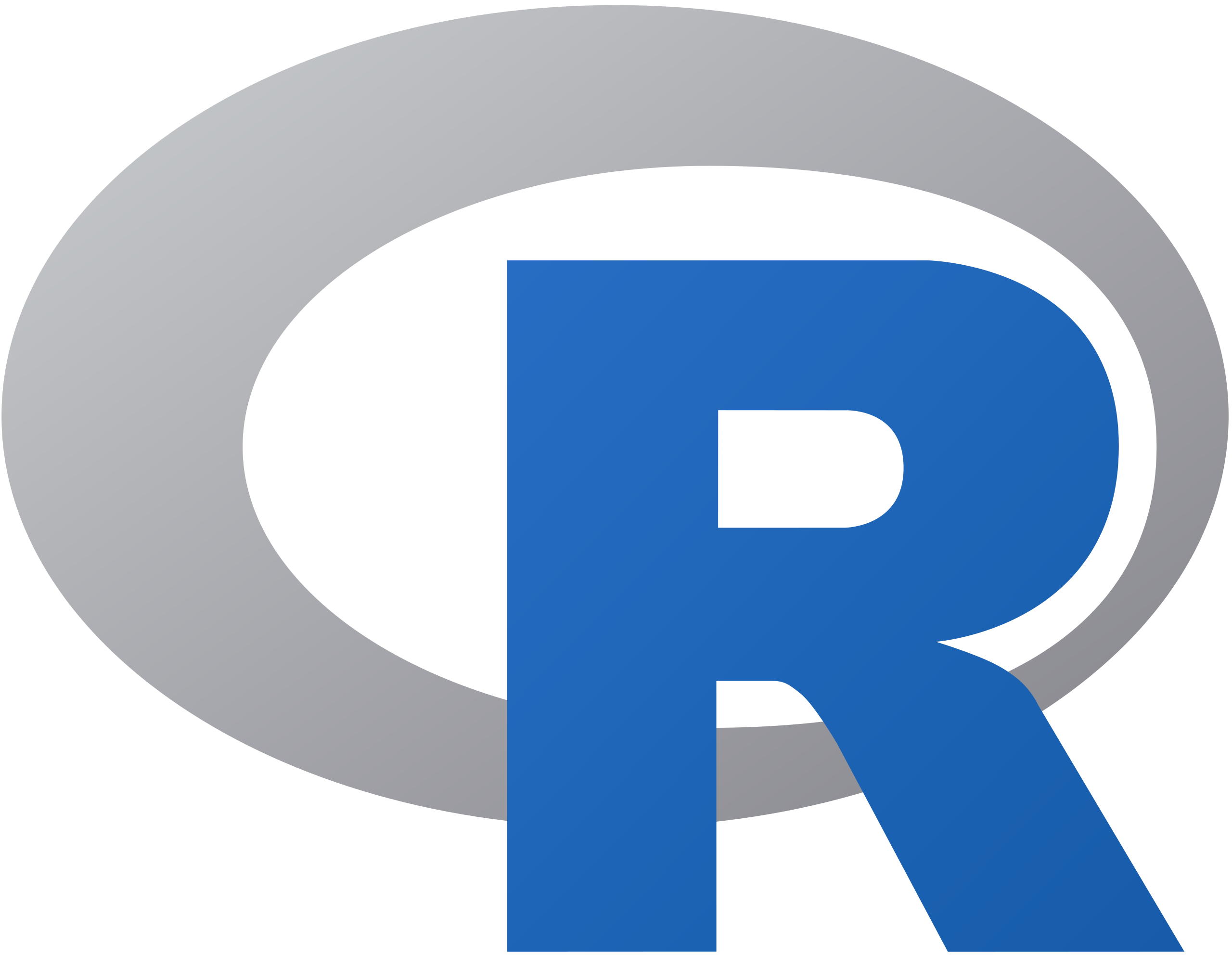go-cache
 Photo by Ashley McNamara, via ashleymcnamara/gophers (CC BY-NC-SA 4.0)
Photo by Ashley McNamara, via ashleymcnamara/gophers (CC BY-NC-SA 4.0)
A flexible multi-layered caching library interacts with private (in-memory) cache and shared cache (i.e. Redis) in Go. It provides Cache-Aside strategy when dealing with both, and maintains the consistency of private cache between distributed systems by Pub-Sub pattern.
Caching is a common technique that aims to improve the performance and scalability of a system. It does this by temporarily copying frequently accessed data to fast storage close to the application. Distributed applications typically implement either or both of the following strategies when caching data:
- Using a private cache, where data is held locally on the computer that's running an instance of an application or service.
- Using a shared cache, serving as a common source that can be accessed by multiple processes and machines.
 Ref: https://docs.microsoft.com/en-us/azure/architecture/best-practices/images/caching/caching3.png
Ref: https://docs.microsoft.com/en-us/azure/architecture/best-practices/images/caching/caching3.png
Considering the flexibility, efficiency and consistency, we starts to build up our own framework.
Features
- Easy to use : provide a friendly interface to deal with both caching mechnaism by simple configuration. Limit the size of memory on single instance (pod) as well.
- Maintain consistency : evict keys between distributed systems by
Pub-Subpattern. - Data compression : provide customized marshal and unmarshal functions.
- Fix concurrency issue : prevent data racing happened on single instance (pod).
- Metric : provide callback functions to measure the performance. (i.e. hit rate, private cache usage, ...)
Data flow
Load the cache with Cache-Aside strategy
sequenceDiagram
participant APP as Application
participant M as go-cache
participant L as Local Cache
participant S as Shared Cache
participant R as Resource (Microservice / DB)
APP ->> M: Cache.Get() / Cache.MGet()
alt Local Cache hit
M ->> L: Adapter.MGet()
L -->> M: {[]Value, error}
M -->> APP: return
else Local Cache miss but Shared Cache hit
M ->> L: Adapter.MGet()
L -->> M: cache miss
M ->> S: Adapter.MGet()
S -->> M: {[]Value, error}
M ->> L: Adapter.MSet()
M -->> APP: return
else All miss
M ->> L: Adapter.MGet()
L -->> M: cache miss
M ->> S: Adapter.MGet()
S -->> M: cache miss
M ->> R: OneTimeGetterFunc() / MGetterFunc()
R -->> M: return from getter
M ->> S: Adapter.MSet()
M ->> L: Adapter.MSet()
M -->> APP: return
end
Evict the cache
sequenceDiagram
participant APP as Application
participant M as go-cache
participant L as Local Cache
participant S as Shared Cache
participant PS as PubSub
APP ->> M: Cache.Del()
M ->> S: Adapter.Del()
S -->> M: return error if necessary
M ->> L: Adapter.Del()
L -->> M: return error if necessary
M ->> PS: Pubsub.Pub() (broadcast key eviction)
M -->> APP: return nil or error
Installation
go get github.com/viney-shih/go-cache
Get Started
Basic usage: Set-And-Get
By adopting Singleton pattern, initialize the Factory in main.go at the beginning, and deliver it to each package or business logic.
// Initialize the Factory in main.go
tinyLfu := cache.NewTinyLFU(10000)
rds := cache.NewRedis(redis.NewRing(&redis.RingOptions{
Addrs: map[string]string{
"server1": ":6379",
},
}))
cacheFactory := cache.NewFactory(rds, tinyLfu)
Treat it as a common key:value store like Redis. But more advanced, it coordinated the usage between multi-layered caching mechanism inside.
type Object struct {
Str string
Num int
}
func Example_setAndGetPattern() {
// We create a group of cache named "set-and-get".
// It uses the shared cache only. Each key will be expired within ten seconds.
c := cacheFactory.NewCache([]cache.Setting{
{
Prefix: "set-and-get",
CacheAttributes: map[cache.Type]cache.Attribute{
cache.SharedCacheType: {TTL: 10 * time.Second},
},
},
})
ctx := context.TODO()
// set the cache
obj := &Object{
Str: "value1",
Num: 1,
}
if err := c.Set(ctx, "set-and-get", "key", obj); err != nil {
panic("not expected")
}
// read the cache
container := &Object{}
if err := c.Get(ctx, "set-and-get", "key", container); err != nil {
panic("not expected")
}
fmt.Println(container) // Output: Object{ Str: "value1", Num: 1}
// read the cache but failed
if err := c.Get(ctx, "set-and-get", "no-such-key", container); err != nil {
fmt.Println(err) // Output: errors.New("cache key is missing")
}
// Output:
// &{value1 1}
// cache key is missing
}
Advanced usage: Cache-Aside strategy
GetByFunc() is the easier way to deal with the cache by implementing the getter function in the parameter. When the cache is missing, it is going to refill the cache automatically.
func ExampleCache_GetByFunc() {
// We create a group of cache named "get-by-func".
// It uses the local cache only with TTL of ten minutes.
c := cacheFactory.NewCache([]cache.Setting{
{
Prefix: "get-by-func",
CacheAttributes: map[cache.Type]cache.Attribute{
cache.LocalCacheType: {TTL: 10 * time.Minute},
},
MarshalFunc: msgpack.Marshal, // msgpack is from "github.com/vmihailenco/msgpack/v5"
UnmarshalFunc: msgpack.Unmarshal,
},
})
ctx := context.TODO()
container2 := &Object{}
if err := c.GetByFunc(ctx, "get-by-func", "key2", container2, func() (interface{}, error) {
// The getter is used to generate data when cache missed, and refill the cache automatically..
// You can read from DB or other microservices.
// Assume we read from MySQL according to the key "key2" and get the value of Object{Str: "value2", Num: 2}
return Object{Str: "value2", Num: 2}, nil
}); err != nil {
panic("not expected")
}
fmt.Println(container2) // Object{ Str: "value2", Num: 2}
// Output:
// &{value2 2}
}
MGetter is another approaching way to do this. Set this function durning registering the Setting.
func ExampleService_Create_mGetter() {
// We create a group of cache named "mgetter".
// It uses both shared and local caches with separated TTL of one hour and ten minutes.
c := cacheFactory.NewCache([]cache.Setting{
{
Prefix: "mgetter",
CacheAttributes: map[cache.Type]cache.Attribute{
cache.SharedCacheType: {TTL: time.Hour},
cache.LocalCacheType: {TTL: 10 * time.Minute},
},
MGetter: func(keys ...string) (interface{}, error) {
// The MGetter is used to generate data when cache missed, and refill the cache automatically..
// You can read from DB or other microservices.
// Assume we read from MySQL according to the key "key3" and get the value of Object{Str: "value3", Num: 3}
// HINT: remember to return as a slice, and the item order needs to consist with the keys in the parameters.
return []Object{{Str: "value3", Num: 3}}, nil
},
MarshalFunc: cache.Marshal,
UnmarshalFunc: cache.Unmarshal,
},
})
ctx := context.TODO()
container3 := &Object{}
if err := c.Get(ctx, "mgetter", "key3", container3); err != nil {
panic("not expected")
}
fmt.Println(container3) // Object{ Str: "value3", Num: 3}
// Output:
// &{value3 3}
}
References
- https://docs.microsoft.com/en-us/azure/architecture/best-practices/caching
- https://github.com/vmihailenco/go-cache-benchmark
- https://github.com/go-redis/cache
License


Programming Tips & Tricks
Code smarter, not harder—insider tips and tricks for developers.
#1
#2
#3
#4
#5
#6
#7
#8
#9
#10
Error Solutions
Turn frustration into progress—fix errors faster than ever.
#1
#2
#3
#4
#5
#6
#7
#8
#9
#10
Shortcuts
The art of speed—shortcuts to supercharge your workflow.
#1
#2
#3
#4
#5
#6
#7
#8
#9
#10
Made with ❤️
to provide resources in various ares.

















